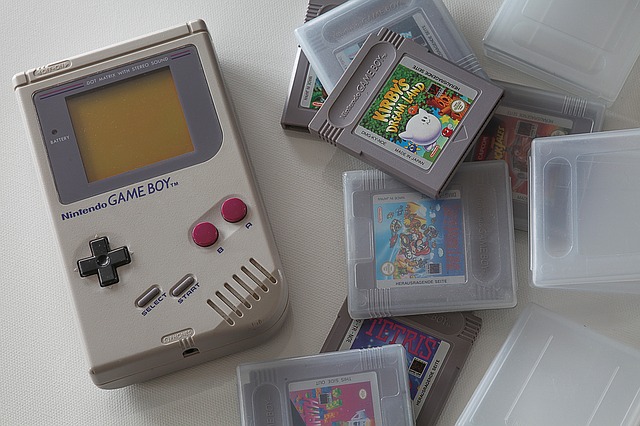Researchers have found an unlikely way for people to cope with post-traumatic stress disorder (PTSD): playing the game Tetris.
PTSD happens when a person experiences or witnesses something painful and disturbing, leading to anxiety or distress soon after the incident, CNN reports. These memories are linked to fear and become lodged in a person’s mind as he or she visualizes the event over and over again.
Playing the game Tetris within a few hours after experiencing something traumatic can prevent feelings of anxiety and fear from taking over because it offers a competing form of visualization that block the memories from being trapped in a loop in a person’s mind, the study suggests.
Emily Holmes, a psychology professor at the Karolinska Institute in Sweden and lead researcher, says,
An intrusive memory is a visual memory of a traumatic event. Tetris also requires imagination and vision. Your brain can’t do two things at once, so this interrupts.
Tetris is a simple visual computer game where the player lines up falling shapes to form rows that disappear when correctly aligned. The rows keep disappearing and the shapes keep falling, lengthening the game and making it an addictive pastime.
Holmes hopes that strategies such as this could help prevent the early onset of PTSD in people. Current treatments are meant to address PTSD after it manifests in a patient.
The researchers tested Tetris on 71 patients in an emergency room in the UK, all of whom were seeking treatment after a vehicular accident. Half of the patients were given standard medical care for their injuries, while the other half received an additional psychological intervention within six hours of the accident.
The patients were asked to remember what happened, practiced playing Tetris then given their own gaming device. They were monitored for one week, during which the researchers tracked how often the patients experienced flashbacks regarding the accident. Out of all the participants, those who played Tetris reported having an average of 62% less memories in one week.
Holmes says, “After two days they had gone down to pretty much zero.” She has been studying how Tetris could help with PTSD for over a decade in the lab, and stresses that while the study is in its early stages, a larger group and a longer period of time can hopefully show the same positive results.
According to the National Institute of Mental Health, 3.5% of adults in the USA are affected by PTSD. Globally, the number is 4.6%, says the World Health Organization.
























